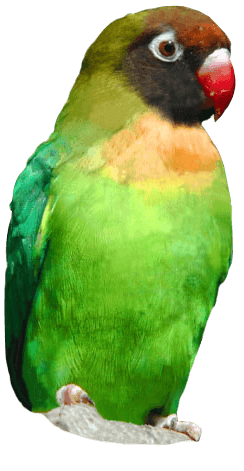
Rare Black Lemur Born at Drusillas Park
A rare black lemur has been born at
The happy discovery was made by keepers on 14 April. Both mother and baby are doing well and can be seen in the public walk-through enclosure, Lemurland.
Zoo Manager, Sue Woodgate commented: “The baby lemur is an exciting addition to our lemur enclosure. Visitors can get so close to the animals and adore seeing the new arrival. You have to look very closely to see it at the moment as mum, Clementine keeps the baby very close to her body. This morning all we could see was its tail and one leg poking out of her fur.”
It is unclear at this stage whether the new arrival is male or female but this will become clear over the next few weeks due to the strong sexual dimorphism in colour within this species. Males are black with striking orange eyes, whereas females are brown with long whitish ear tufts.
In the wild, black lemurs are native to the
Sadly, the population of black lemurs is declining in the wild mainly due to habitat destruction and hunting. Clementine and Lotfi were introduced at Drusillas as part of the European Endangered Species Programme. The new arrival is their third baby to be born at the Park following the birth of Tsito in April 2011 and Malala in July 2012.
Since arriving, the new baby has been a source of fascination to its older siblings. Tsito and Malala are two of the zoo’s most mischievous residents and the pair are sure to lead the baby astray with all their cheeky antics once it is a little older.
This will not be too far off; the baby is growing in confidence with every day and over the next few months it will start to explore the trees and ropes of Lemurland. For the time being however, it remains closely guarded within the protective grasp of its mum.




